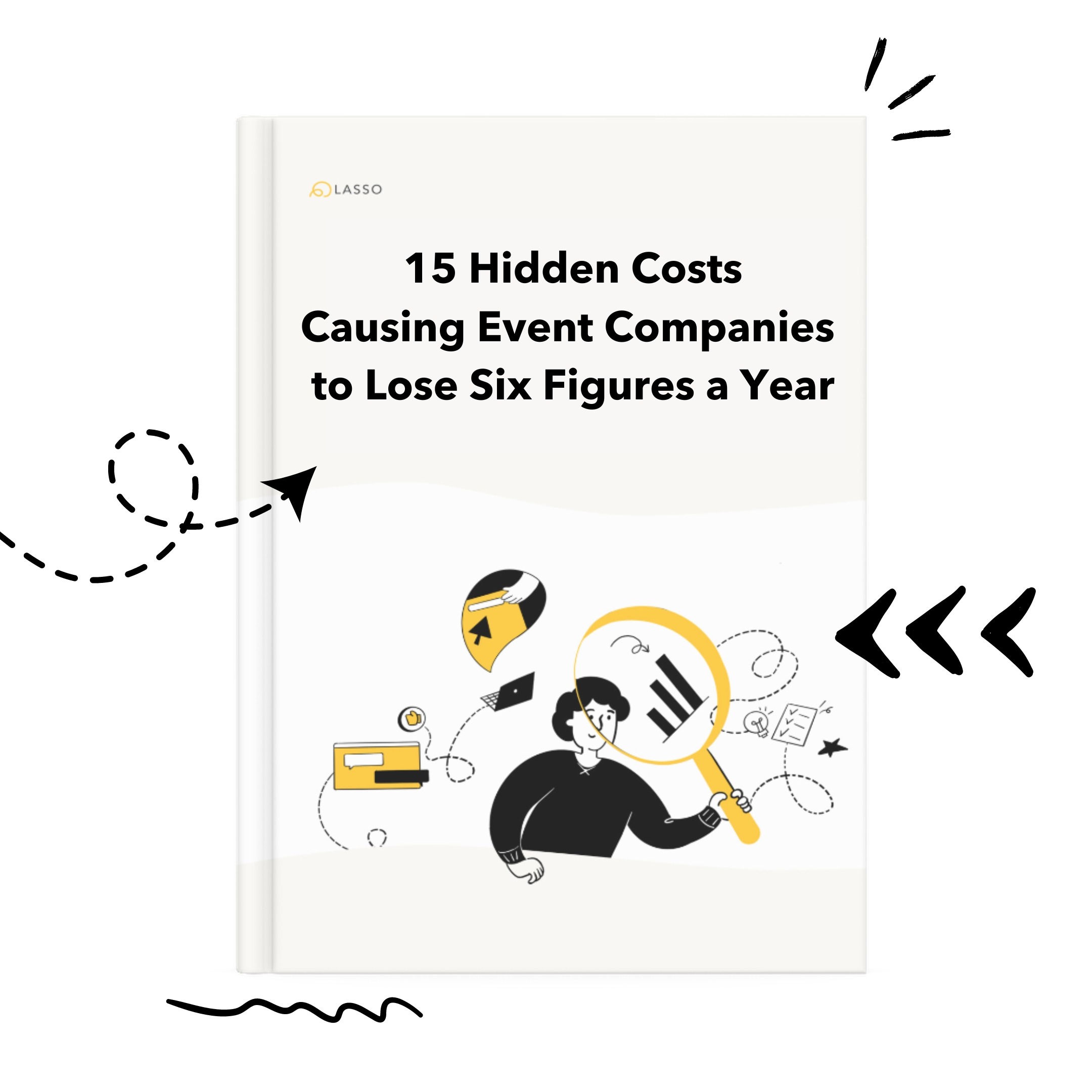With the recent passing of California’s Assembly Bill 5 (AB 5), news on the subject and its impact on the state of California, the Nation, and the gig economy is everywhere. However, we know that you are busy and don’t have time to sort through all of that noise. That is where we want to help. We combed through all of the news on AB 5 for you in an effort to understand how it will impact your event and entertainment business. Here is exactly what you need to know, now:
What is AB 5?
In short, AB 5 makes the “ABC” test for determining employment status a standard in the state of California. The three-part ABC test instructs that a worker can only be considered a 1099 contractor if they are:
- Free from the “control and direction” of the company they are working for, AND
- Performing work that is “outside the course” of the company’s usual business, AND
- Have their own independently established business, trade, or occupation.
This is not only far stricter than the standard currently mandated by the federal government for determining whether a worker is an independent contractor (1099) or an employee (W-2), but it also puts into law the employee misclassification rules that were passed by the Supreme Court of California on April 30, 2018.
How does this impact event & entertainment businesses?
Many companies in this space employ 1099 freelance techs to work on their events. From audio/visual techs to stagehands to brand ambassadors, and more. Because these techs are labeled as 1099 freelance contractors, they are required to maintain their own workers compensation insurance and are typically not entitled to benefits such as sick time, overtime or insurance.
However, with the passing of AB 5, these event and entertainment techs are no longer able to be considered as “freelance” and are entitled to benefits and protections under the Fair Labor Standards Act, American with Disabilities Act, and the Civil Rights Act. At this point, you may be thinking – “my techs are still 1099 freelancers”. If that is the case, ask yourself these questions. If you answer “yes” to any of them, you need to pay close attention:
- Does your company provide your crew with any direction when performing work on your event? Examples could include: what room or station they are to perform their work, what they are to wear, what cues they are to follow, what equipment they are to install or work on, and when are they to perform the work. Note: these are just a few examples, I am sure you are now thinking of others!
- Is your crew performing work outside of your typical scope of work? Your techs are not plumbers that go to a house and create their own scope of work based on what they see. Your techs are working for your clients, often on your equipment, and are key to your business’s success. Our clients constantly tell us how critical good crew members are to their business where literally a push of a button that a tech performs could make, or break, an event. Given the passing of AB 5, few companies in this space will be able to say, moving forward, that their crew is performing work that is outside of their company’s actual business services.
What are the potential costs of accidentally or intentionally misclassifying your workforce?
The costs of either accidentally or even intentionally misclassifying your workforce could be devastating to your business. Those cases that have been prosecuted to date have resulted in numerous seven-figure worker misclassification settlements, but even larger settlements – many exceeding $10 million – have been reached in lawsuits brought by workers themselves.
A recent development (as of May 2, 2019) is that companies can now be penalized for employee misclassification not only going forward, but also retroactively in California. Jeffrey Horton Thomas, a management-side lawyer in the employment practice group at Akerman LLP’s California office said that “Making the ABC test retroactive may subject businesses to liability for misclassifying workers as independent contractors even before the test was made law.” What is clear, is that getting this right is more important than ever, for both you and your business.
Don’t produce events in the state of California? You still need to pay close attention!
You may now be thinking, “this doesn’t impact me, because I do not produce events in California.” If this is true, you should still pay close attention because historically, wherever California goes, other states often follow. Here are just a few examples:
- In 2004, California was the first state to mandate paid family leave at work. Many other states were quick to follow including Rhode Island, Washington, New Jersey, and New York.
- In 2016, California was the first state to pass a $15 minimum wage bill. More than a dozen states have since done so too.
- In July of this year, California was the first to ban “natural hair discrimination” in the workplace. A few days later, New York passed a similar bill.
So, while other states have not yet passed an official law similar to AB 5, it is predicted that many states will soon follow.
At LASSO, we want to help you get this right. Although some companies on our platform still use 1099 freelancers, our goal is to give event and entertainment companies everything they need to properly manage their workforce and avoid employee misclassification penalties in an automated, integrated, and compliant way. Classifying employees as W2 doesn’t mean your bottom line has to suffer. LASSO’s financial analytics help you control your labor costs, down to the penny. Request a demo to start the conversation today.





